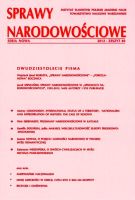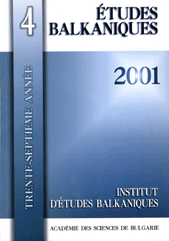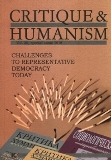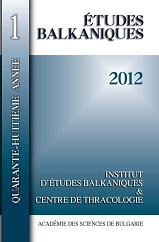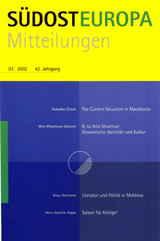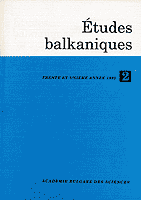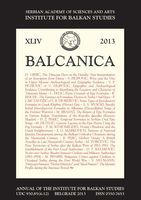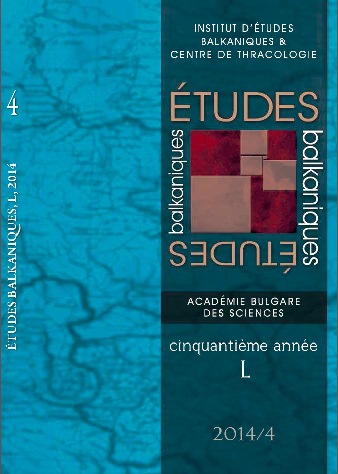
LA RECEPTION DE DENIS DIDEROT DANS LA CULTURE ROUMAINE AVANT LA GRANDE GUERRE
THE RECEPTION OF DENIS DIDEROT IN ROMANIAN CULTURE BEFORE THE GREAT WAR
Keywords: Denis Diderot, cultural transfer, Romanian Francophonie, Ion Luca Caragiale, Mihail Eminescu
This article makes use of new elements to describe the complex process through which the works of Denis Diderot penetrated into Romanian culture from the end of the 18th century to the beginning of the 20th century. While he had first kindled Romanian interest as the editor of the Encyclopédie ou Dictionnaire raisonné des arts et des métiers, he was already translated and published as a novelist as early as 1838, first (and mostly) in Transylvania, then in Moldavia and Walachia. He was, however, also read in French, as shown by a number of articles mentioning him (dating from 1842). Some important names of Romanian literature also had keen interest in him : Ion Luca Caragiale appreciated his Paradoxe du comédien, which he quoted and frequently used in his own essays about the dramatic art, and Mihail Eminescu, who made a fine romantic poem inspired by the beginning of Diderot’s La Religieuse.
More...
